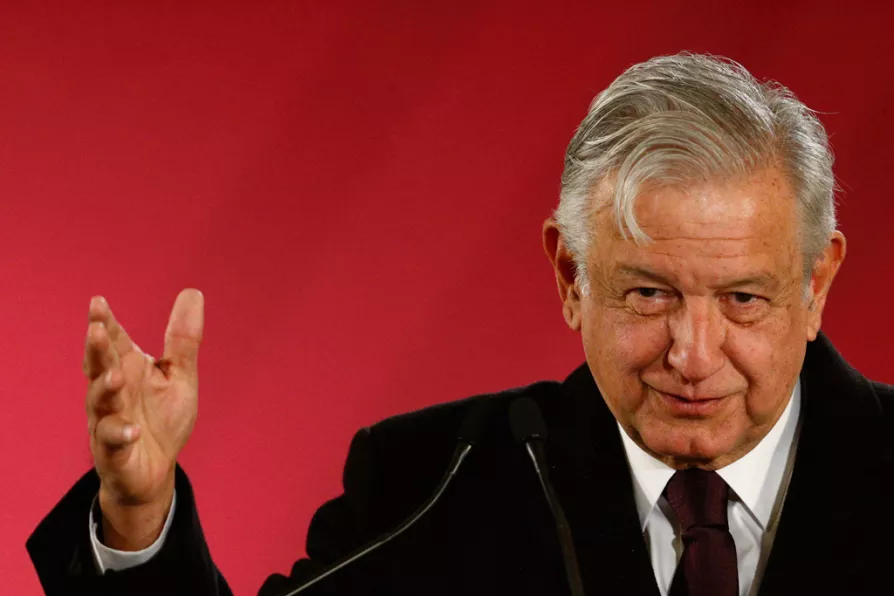John Wojcik pays tribute to a black US activist who spent six decades at the forefront of struggles for voting rights, economic justice and peace – reshaping US politics and inspiring movements worldwide

 Mexico's President Andres Manuel Lopez Obrador
Mexico's President Andres Manuel Lopez Obrador
AS THINGS stand Mexican ex-presidents have immunity from prosecution, but last year the current president Andres Manuel Lopez Obrador (Amlo) persuaded Congress and the Supreme Court to authorise a referendum (“consultation”) on changing this so as to end impunity. The vote will take place on Sunday August 1 2021.
The last five presidents at least are suspected of massive corruption and human rights abuses.
Amlo already ended his own judicial immunity, and it is obviously absurd that former presidents should enjoy a privilege denied to the incumbent.

A November 15 protest in Mexico – driven by a right-wing social-media operation – has been miscast as a mass uprising against President Sheinbaum. In reality, the march was small, elite-backed and part of a wider attempt to sow unrest, argues DAVID RABY

LEE BROWN highlights the latest attempts to undo progressive reforms instated during the presidency of Rafael Correa

DAVID RABY reports on the progressive administration in Mexico, which continues to overcome far-left wreckers on the edges of a teaching union, the murderous violence of the cartels, the ploys of the traditional right wing, and Trump’s provocations

Cuba Solidarity Campaign secretary BERNARD REGAN says the inhuman blockade of Cuba not only continues, but the Donald Trump administration is ratcheting up aggression against both Havana and Latin America more widely









